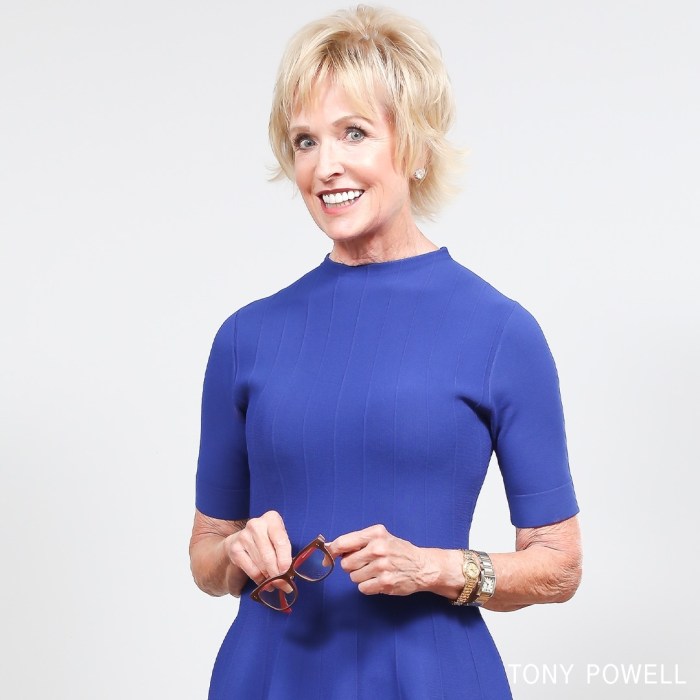In highly contested elections, candidates are rarely asked questions that pertain to their personal lives, as their political agendas command all the attention. It is in this regard that Kathy Kemper stands apart. Kemper not only gets answers to the most pertinent of issues, but also explores the candidates’ tastes and preferences. This is Part III of a series.
Q: What do you do to relax? How do you stay fit? What are you most proud of? What book are you reading now? What is your favorite sport to watch on TV? What is on your iPod these days?
Sen. Creigh Deeds (D): I enjoy spending time with my family—especially outdoors.
As a baseball fan, I was excited to hear that they’re bringing minor league baseball back to Richmond. I think that’s a great thing for the community and for everybody in Richmond who loves baseball. I look forward to getting out to cheer on the home team next year.
I’ve got a lot of different stuff on my iPod right now. The Allman Brothers and Little Feat are two all-time favorites.
Robert F. McDonnell (R): To relax and take a break from campaigning I enjoy spending time at home with my family. My sons and I will go out back and throw the football. I try to squeeze in a short workout in the morning if I don’t start campaigning too early. I am most proud of my kids and everything they have accomplished. It’s very exciting that my sons are now 18 so all five of my kids will be able to vote for me this election. Unfortunately, I don’t have much time to read right now, but I am reading His Excellency by Joseph Ellis — a book about George Washington. I love watching Notre Dame football games — my alma mater — on TV. Last Saturday I was able to catch the game on my laptop while we drove up to Northern Virginia.
What Bob wanted to be when he grew up: A scientist
Favorite subject: Math
Q: The preservation of the Chesapeake Bay is a five-state problem. In the past, Virginia has been one of the more reluctant states to help fund programs that would help the bay. As governor, would you put a greater emphasis on maintaining and helping the Chesapeake?
Deeds: The Chesapeake Bay is one of the commonwealth’s greatest natural treasures that must be preserved for future generations. The federal government has set milestones for pollution reduction through the executive order signed by President Obama earlier this year alongside Gov. Kaine and the bipartisan coalition of bay-state leaders.
Virginia must take a balanced approach to meet these milestones. That means being proactive and devoting additional resources to the bay cleanup effort, while making sure that farmers and homeowners in the bay watershed can continue to prosper and live the American Dream.
Specifically, I would seek additional state funding for best management practices that reduce runoff pollution, incentives for property owners to repair or replace failing septic systems that pollute local waterways, and upgrades to wastewater treatment plants, and I would aggressively support local pilot projects and partnerships aimed at improving water quality. And I will continue to engage with other bay states and the federal government to coordinate cleanup efforts in a responsible and bipartisan fashion.
McDonnell: The Chesapeake Bay is a marvelous estuary and one of our nation’s greatest natural resources. We must ensure that we are responsible stewards so that future generations may enjoy it as we have. The bay has an important role in our nation’s and our commonwealth’s founding. It provides a great source of recreation for Virginians and many others, and provides food, jobs and significant economic opportunities in the form of ecotourism.
Bob McDonnell is committed to working with the other Chesapeake Bay states to continue responsible policies to protect and improve the health of the bay, including making every effort to meet the goals for the nutrient reduction outlined in the Chesapeake Bay agreement signed in 2000. We must continue to find sustainable funding for reducing nitrogen levels in the bay. While wastewater treatment investments have helped to reduce point source pollution, we must be more creative in implementing the most effective BMPs to reduce nonpoint source pollution. We should promote the creation of natural and artificial oyster reefs, and work with all interested parties to expand aquaculture in appropriate areas.
